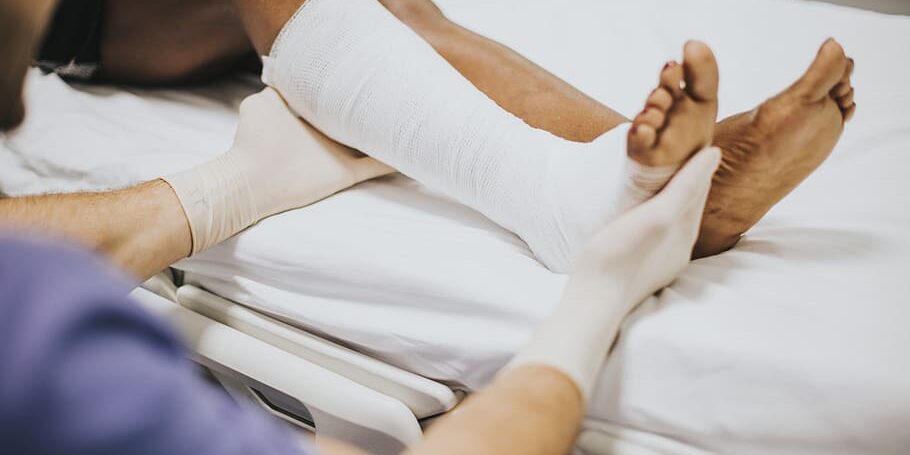The COVID 19 pandemic has affected lives across the globe in ways previously unimagined. For healthcare facilities and providers, COVID 19 patient care has been of top priority since the outbreak started. This has led to many other essential services like wound care being affected.
Wound management is extremely crucial for patients having chronic, heavily exudating wounds. Diabetic foot ulcers, venous ulcers, and wounds related to Peripheral Arterial Disease (PAD) mostly affect the limb extremities, and especially the feet. If neglected, wound infections can cause complications that affect the overall health of the patient.
COVID19 – risk to wound care
- Taking care of wounds of the lower limbs is important since these are highly prone to infection, even while walking around at home. Regular change of dressing along with keeping the limb as well as the home clean helps prevent the chances of infection.
- For people having diabetic neuropathy or PAD, it is extremely essential to keep a check on their skin for cuts and bruises. In case of such occurrences, the area must be cleaned and covered immediately, and the consulting specialist must be requested for directions on further actions.
- Prevention of wounds goes a long way in avoiding complications. Easy ways of taking care of skin at home, like keeping the skin clean and wearing comfortable shoes, can help keep cuts and infection at bay.
- Travel, unless necessary, is not recommended for people having large, chronic wounds. The chances of infection with airborne microbes increases when wounds are exposed to unhygienic environments. Traveling to wound care clinics at large distances from home can increase the risk of complications.
How to reach patients?
Conventional channels of wound care, like wound care clinics and nursing homes, will not be operating in full capacity for a long time. This creates the need for alternate ways to deliver specialized care to patients in need.
- Telemedicine – This method of patient care, although not a full-fledged substitute for in-person physician care, has proved to be extremely useful in catering to patient needs at large physical distances from the doctor. The pandemic has led to the possibility of its expansion into newer sections of healthcare. Consultations with a wound care specialist, accompanied by the sharing of images of the wound can help in updating the progress of wound care regimes or new developments.
- Home care – Deployment of home wound care providers, either resident or part-time, can help patients receive personalized care. Although there might arise issues related to social distancing and physical contact, this model of care can be effective with specialized hygiene measures in place.
- Self-care – Taking care of wounds at home with Advanced Wound Dressings (AWD) can help manage exudate and promote healing. It is advisable to consult a specialist before using any product on the wound. The choice and number of wound dressings required depend on the type of wound and co-morbidities of the patient. Primary caregivers as well as patients must regularly communicate with a wound care specialist regarding cleaning and changing of the wound dressing.
Proper wound care is vital for the health of patients. Medical care delivered efficiently can help improve quality of life as well as reduce complications from co-morbidities. Patients and consultant wound specialists should communicate to decide and get the required wound care delivered on-time.
Sources:
#wounds #woundcare #health #medical #woundcareservice #woundhealing #woundmanagement #woundcertification #WoundTreatment #Maxiocel #nurses #nursing #COVID19
(Disclaimer: Issued in public interest by Axio Biosolutions Private Limited. Kindly check the official guidance on WHO for more information on infection prevention and control of COVID-19.)
 A collaborative study with Harvard Medical School
A collaborative study with Harvard Medical School






